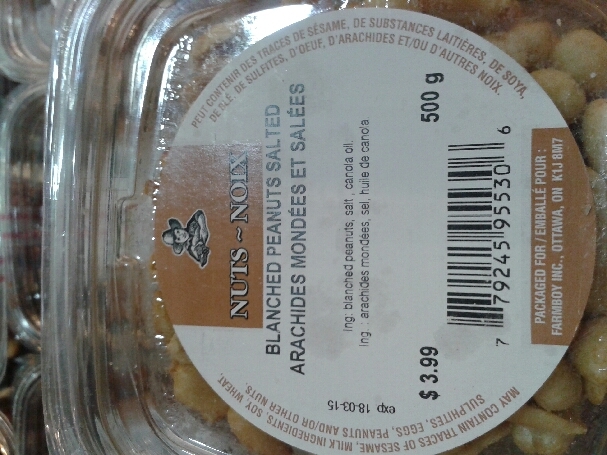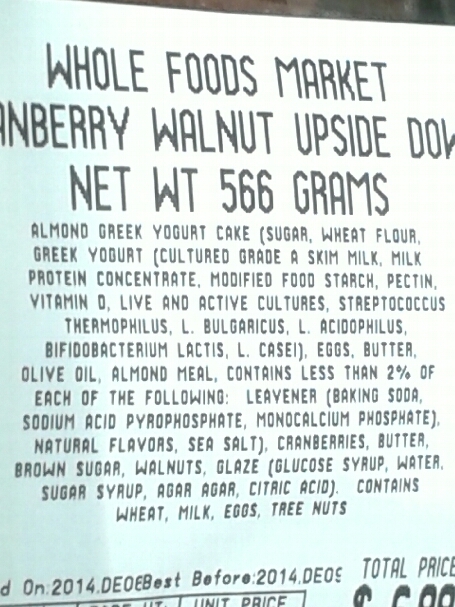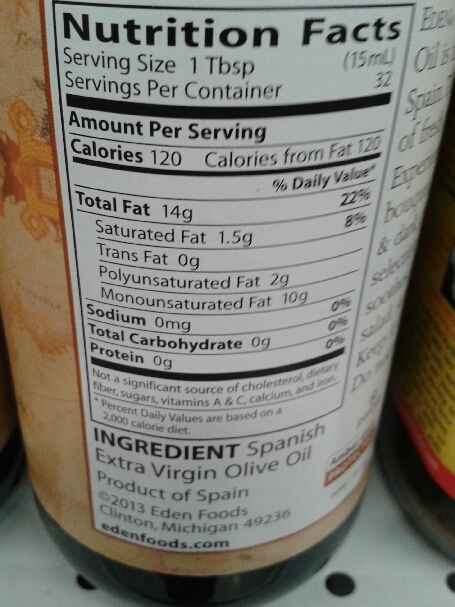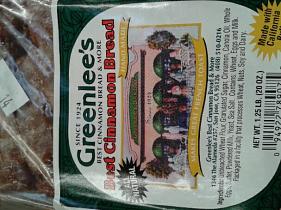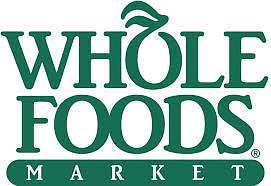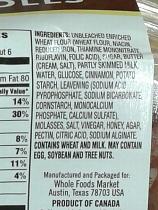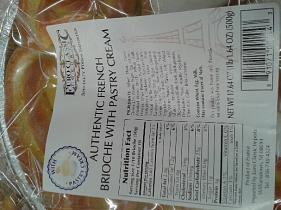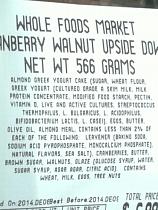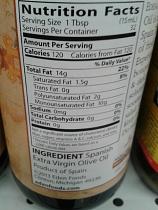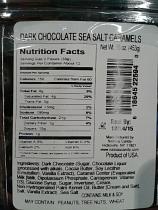Whole Foods in Ottawa Breaches Law on Bilingual Labels?
It appears that Whole Foods may not be in full compliance with Canada's Consumer Packaging and Labeling Act on bilingualism. Research by The Canadian [includes photos] reveals that a variety of products offered for sale in the new store feature unilingual labeling.
Quite a few products in Ottawa's new Whole Foods store appear to be directly imported from the United States. This includes importing from New York State. It appears that Whole Foods may be trying to compete with Canadian rivals like Loblaws, Sobeys and Metro (and local rivals like Farm Boy and Rainbow Foods) by tapping directly into Whole Foods American distribution system. In so doing, Whole Foods offers to Canadians products that its rivals that respect Canadian labelling law do not offer.
Because the overwhelming majority of the unilingual-labelled products appear to be from the United States, these products do not qualify for “local exemption” requirements in the Act. Unilingual-labelled products in Ottawa's Whole Foods which include made-in-USA Cinnamon Bread and Eden Olive Oil also do not qualify for the speciality food exemption. This is because there are competing brands of these products in Canada that are widely available including choices that are organic.
The Canadian found many ingredient labels in the bakery and other parts of the store on various boxes and bottles to be in English-only.
There was even one bakery product which supposedly originated from France that was apparently imported into the United States and then shipped to Canada with English-only labeling.
Shouldn't Whole Foods be sourcing organic products from Canadian sources that employ Canadian workers and respect Canadian labelling requirements on food rather than importing U.S. products that breach Canadian labelling requirements?
If Whole foods is truly committed to supporting local communities and healthy lifestyles then why are they apparently tapping into their U.S. distribution system? Why not give a local bakery the opportunity to make a quality cinnamon bread rather than importing a nearly $8 cinnamon bread from California into Canada with Enlgish-only labelling?
Shouldn't American vendors along with Whole Foods also respect Canada's national identity, culture and legal requirements on official bilingualism as it pursues further Canadian expansion?
In May 2013, the company's co-CEO revealed that Whole Foods wanted to open an addition 40 stores in Canada. It currently operates 9 locations in Vancouver and Toronto. As Whole Foods pursues expansion, will it being to ensure that the labeling of all its products respects the constitutional rights of all Canadians to have bilingual access to food labeling?
The Consumer Packaging and Labeling Act was first introduced in 1974. The Act requires the bilingual labelling of most consumer products sold in Canada, including goods and services which range from cereal boxes to clothing to a variety of other items. Mapleleafweb.com elaborates that “The legislation serves to ensure that all consumers, regardless of whether they speak English or French, or their geographical location, are able to read and understand product packaging in Canada.”
PLEASE NOTE - Photos: A sample of English-only labels at Ottawa's Whole Foods alongside an Ottawa Farm Boy Store label which respects proper bilingual labeling requirements.
Comments
There are 0 comments on this post




